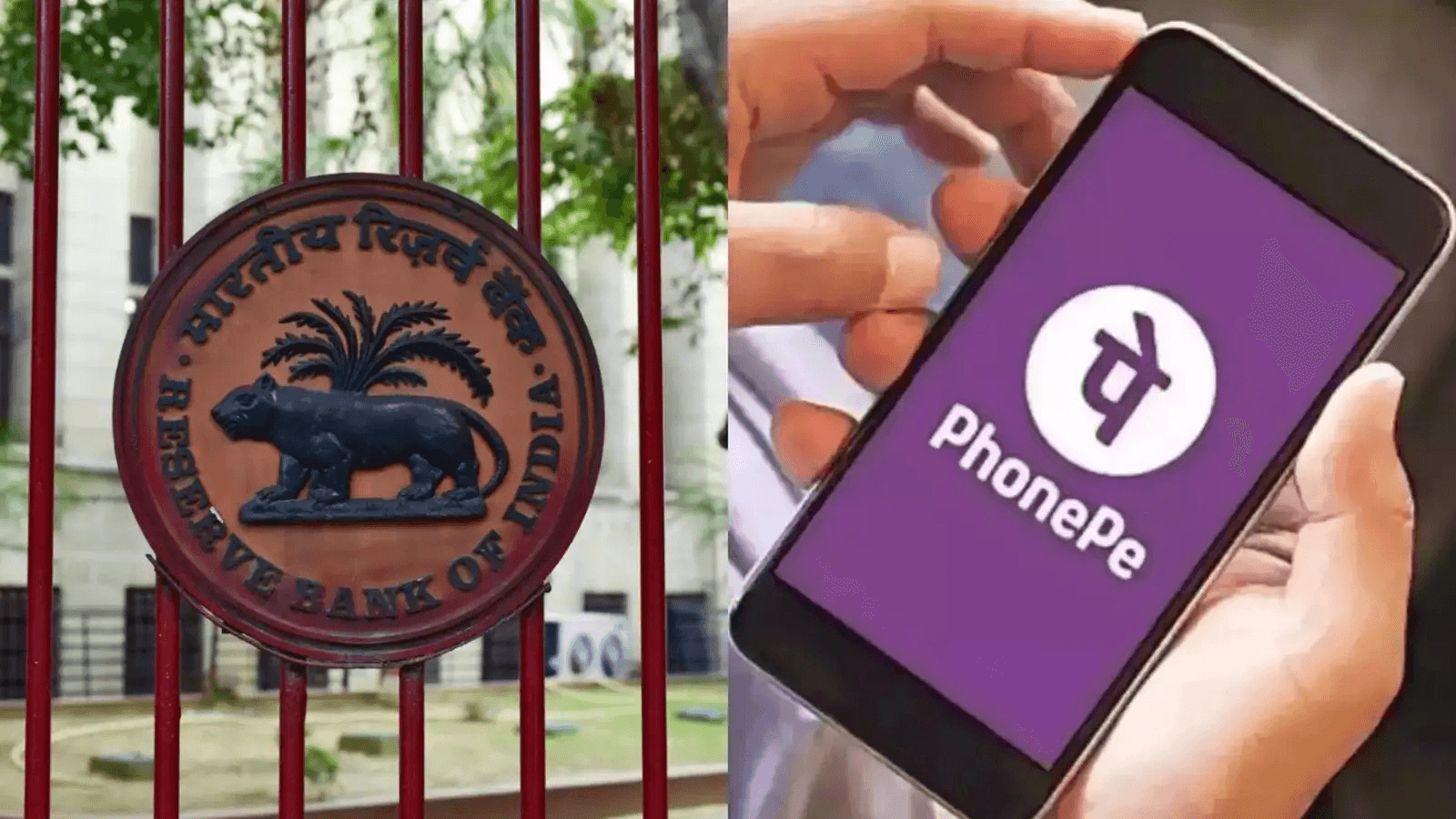PhonePe Gets RBI Nod to Operate as Online Payment Aggregator
"RBI approves PhonePe" to work as a licensed online payment aggregator in India. Learn what this means for digital payments, merchants, and UPI transactions in India.
PhonePe Gets RBI Nod to Operate as Online Payment Aggregator
The Reserve Bank of India (RBI) has granted PhonePe the crucial approval to operate as an online payment aggregator (PA).
This approval positions PhonePe, one of India’s largest digital payment platforms, to expand its role within the country’s fast‑growing fintech ecosystem.
With RBI’s nod, PhonePe can now legally onboard merchants, process digital transactions, and provide a comprehensive payment gateway service.
The step is not only a milestone for PhonePe but also significant for the Indian payments landscape,
PhonePe Gets RBI Nod to Operate as Online
as regulators tighten norms around payment aggregators to ensure security, compliance, and transparency.
What Is a Payment Aggregator?
A payment aggregator is a licensed entity that enables merchants to accept various digital payment instruments without having to set up their own individual payment infrastructure. In simple terms, aggregators act as intermediaries between merchants and customers.
They allow businesses to collect payments through credit cards, debit cards, UPI, wallets, and net banking.
They ensure that transaction settlement happens securely through regulated systems.
They handle compliance protocols like fraud detection, KYC norms, and data privacy.
Until now, many fintech players operated as payment facilitators. But RBI introduced stricter licensing requirements to regulate this space, making it mandatory for providers like PhonePe, Razorpay, and Paytm to secure a formal Payment Aggregator license.
PhonePe’s Growth in Indian Fintech
PhonePe, founded in 2015 and headquartered in Bengaluru, has grown rapidly with the rise of UPI. Today, it claims the largest market share in UPI transactions in India, beating rivals like Google Pay and Paytm.
Some highlights of PhonePe’s journey:
Handles billions of UPI transactions monthly.
Serves more than 500 million registered users in India.
Works with millions of offline and online merchants.
Expanding into lending, insurance, and wealth management.
The RBI’s approval as a payment aggregator strengthens PhonePe’s existing merchant services and reinforces its long-term strategy of becoming a full-stack digital financial services company.
Why RBI’s Approval Matters
The RBI has been cautious while granting aggregator licenses. Several fintech firms have faced delays or even rejections in getting approval, often due to concerns over compliance and data security.
Against this backdrop, PhonePe securing the nod signifies regulatory trust in its systems and practices.
Key reasons this approval matters:
Merchant onboarding will be smoother: PhonePe can now directly onboard lakhs of merchants as per RBI guidelines.
Compliance leadership: A license shows that PhonePe has fulfilled RBI’s strict criteria on governance, capital adequacy, and risk management practices.
Boost to consumer confidence: Customers will trust platforms that operate under a regulated framework.
Competitive advantage: PhonePe can expand aggressively as smaller unlicensed players may find it harder to compete under new rules.
Impact on Merchants
For India’s small businesses, startups, and e-commerce merchants, this development could be transformative. PhonePe as a licensed aggregator brings:
Simplified integration with digital payment tools.
Faster settlements and strong backend reliability.
Assurance of compliance with RBI norms.
Opportunity to access more services like embedded lending or credit.
As digital adoption grows across Tier‑2 and Tier‑3 cities, such facilities will allow even the smallest merchants to access national e-commerce markets.
Impact on India’s Digital Payment Ecosystem
India’s digital payments have grown exponentially in the past decade, thanks to UPI ecosystem innovations. RBI’s strict regulatory framework for aggregators ensures that this growth continues without compromising safety. PhonePe’s approval can accelerate several trends:
Wider digital adoption beyond metro cities.
Increased trust in online transactions due to regulatory backing.
Emergence of a few dominant players controlling payment aggregation.
Better consumer protection and dispute redressal mechanisms.
With this milestone, PhonePe is set to play an even bigger role as India moves towards a cash‑lite economy.
Challenges Ahead
Even with regulatory approval, PhonePe faces a few challenges:
Rising competition: Rivals like Razorpay, Paytm, and Google Pay continue to fight for market share.
Compliance costs: RBI mandates require high operational standards, which increase expenses.
Cybersecurity threats: More transactions mean higher vulnerability to fraud and data breaches.
Profitability pressure: Payment aggregation is low-margin and may need additional revenue streams like value-added services.
PhonePe will therefore need to balance compliance, innovation, and cost efficiency to stay ahead.
The Bigger Picture for Fintech in India
The Payment Aggregator framework is shaping the future of fintech in India. By regulating this segment, RBI wants to:
Prevent misuse of customer funds.
Ensure only serious, well-capitalized players dominate the ecosystem.
Build a safe digital economy that aligns with India’s push towards financial inclusion.
For PhonePe, this approval is more than just a license—it is an endorsement that could help it build bridges with banks, NBFCs, and global partners as it looks to scale financial services further.
Conclusion
PhonePe’s RBI approval to become an online payment aggregator marks a pivotal moment in India’s fintech story. It not only gives PhonePe regulatory legitimacy but also creates immense opportunities for merchants and customers alike.
As digital commerce continues to reshape India’s economy, having licensed and trusted aggregators like PhonePe will be crucial for sustainable growth.
